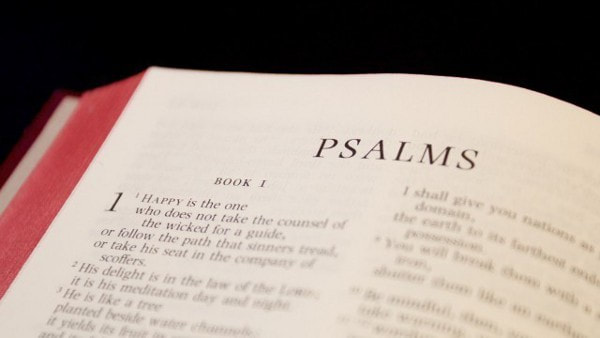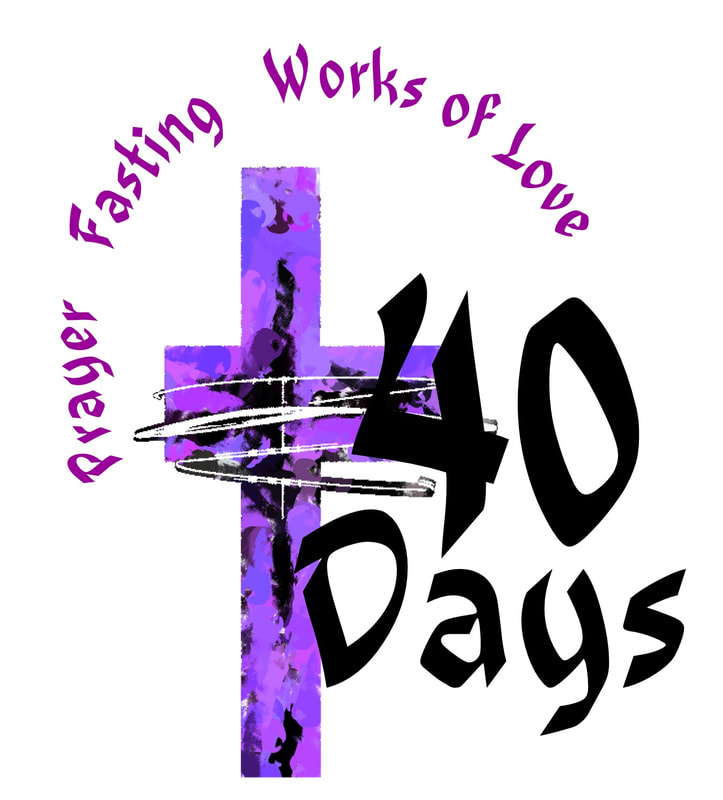|
A few years ago I took a class on the Book of Psalms... in it’s original Hebrew text. Let me just say, it is something I hope never to do again.
However just as hard as it was, it was also enlightening. One thing I remember taking away from the class came from a favorite Old Testament theologian of mine, Walter Brueggemann, who teaches the psalms make it possible for us to talk about things that we can’t talk about anywhere else – the make it possible to be real. By definition psalms are prayers, poems, and songs of praise. They are words we lift up to God. Sometimes those words are joyous, other times sorrowful, and even a bit angry. But we are allowed this vocabulary of sorts to say what we want to say to God. They allow us to have an honest conversation with God, and to do so with in the form of poetic praise. In Reflections on the Psalms, C. S. Lewis emphasized the importance of studying the Psalms as poetry, with its unique forms and characteristics. He wrote: "What must be said … is that the Psalms are poems, and poems intended to be sung: not doctrinal treatises, nor even sermons. … Most emphatically the Psalms must be read as poems; as lyrics, with all the licenses and all the formalities, the hyperboles, the emotional rather than logical connections, which are proper to lyric poetry. They must be read as poems if they are to be understood; no less than French must be read as French or English as English. Otherwise we shall miss what is in them and think we see what is not." The poetry with which we are most familiar is based on rhyme and rhythm. Hebrew poetry is very different— it is not the rhyming nor the rhythm of the words, but the relationship of two lines (most often) of poetry. This is the heart of the poetic style. This relationship is most frequently referred to as parallelism (think of words in stereophonic). By the use of various types of parallelism the first line of poetry is expanded upon in the second, either by clarification, completion, or contrast. It’s a lot to digest, and there is so much more I could write about. Suffice it to say when you read the Psalms try to read it as if you are reading a poem, or sing it as if it is a song. Let it come from your heart and your soul as a way to praise God from the same place. Lent provides us a time to soak in these words, slowly and rhythmically, and allows us to find the right word or phrase that moves us closer to God. This is a spiritual practice that is called letico divino, or slow read. It’s a great way to get the Holy Spirit to direct your attention to scripture as a means to address issues that are weighing on your heart. (there is much to say about that too!) Below is a psalm I wrote while sitting on the beach in Maui, HI. I had just finished cancer treatment, celebrated my wife’s 40th birthday, and our 15th anniversary. Needless to say I had much joy to praise God for. I invite you to try to write one of your own. A Psalm Of Praise, A Poem of My Heart I praise you great creator, Lord God of my life: You gave me my first breath, and faithfully hold my last: Your mercy is great, from your love I cannot hide: I live by your generosity, without it I am nothing: Kind and majestic Creator, blessed be your name Whose imprint on all creation cannot be hidden from my sight; Your beauty shines forth even in times of despair, I praise you holy name In you and through you, light illuminates the world; enlighten me my God You know my hiding places for no secret can be kept from you; forgive me LORD; Your wisdom knows no boundaries, your heartbeat is all time; comfort me my Creator From your divine righteousness, a child was born into this world Your Kingdom has risen anew to speak your hallowed name; May your mercy endure all eternity, so my life can forever sings your praises Through you, O LORD, a king has come to lead us to your favor You took his life before our eyes, so that we might see the truth; You placed him on a throne so we can come to you, with thanksgiving and praise My heart longs to be among his glory, to walk in righteousness I give you my life and all that is in it, to find rest in your delight; Yet I am separated, like light from the outer darkness, I know not why? For in my sins I falter, yet you do not abandoned me Your wrath is fair, and your righteous face turns away; But your arms, my LORD, are always open, your eyes are never shut Without you, I am nothing more than an unmarked grain of sand, lost in the wind But you, my LORD, who made me in your image, you call me by name; I have no excuse to be nothing more than submissive to your mercy For you, my LORD, are God alone; gracious and true is your Spirit I shout for joy and sing your praises; the clouds carry your name to all the worlds; To my children and theirs to come, your name will reign supreme for all eternity.
0 Comments
Leave a Reply. |
LentTake A Forty Days Walk With Christ. ArchivesSocks And Souls
Donate to our Lenten fundraiser today. |



